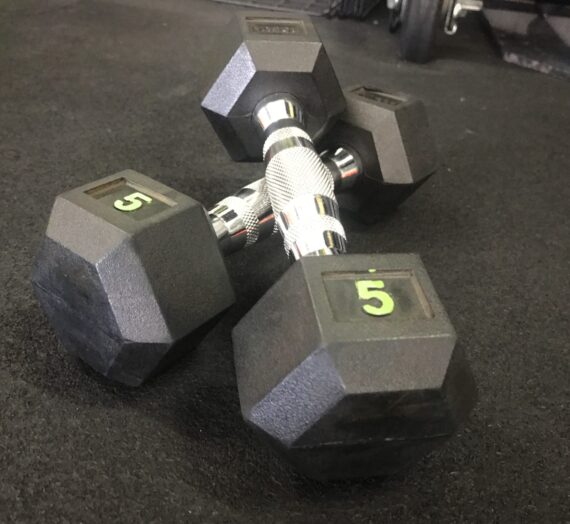You never realize how often organs are referenced in American English language idioms and everyday sayings until you lose said organ.
Here is an example. A man recently had his testicles removed due to testicular cancer. He is with another friend who asks him to do some overtly masculine task and eggs him on, daring him to do the stunt by saying, “You don’t have the balls!” The man shrugs, because while he may have been willing to puff out his masculine chest in a show of manliness and do said crazy stunt, the statement is actually true; he has no balls.
Here’s another example. A blind person is enthralled in an intellectual debate with a friend. They argue their respective points of view (did you catch that, point of view…) and when they come to a consensus the friend says, “Now we see eye to eye.” But do they really? In the literal sense of the statement, they don’t.
The thing is you don’t really realize how often language employs these tactics until you have an issue with the body part named in a particular idiom or saying. In my case, it’s my stomach, or lack there of. So here are a few idioms and saying related to the stomach, some of which I have encountered on a daily basis.
“I feel sick to my stomach.”
“My eyes were bigger than my stomach.”
“I don’t have the stomach for that sort of thing.”
“I got butterflies in my stomach.”
You get the idea. Even when I eat too much, I get full. But I can’t say, “My stomach is so full.” Because I don’t have a stomach anymore.
Initially my solution to dealing with this was by calling my lack of a stomach, my tube. If I felt nauseated, I would say, “I feel sick to my tube.” If I ate too much, I’d say, “My tube is full.” When you talk to someone close to you who knows you well, they get it. If you talk to someone who doesn’t know you as well, or doesn’t know your situation, these sayings sound, well, stupid.
For a few days I called by stomach Barry, but I ran into the same issues as I did with my tube. Then at dinner, my brilliant daughter came up with the best idea and perfect solution to my problem. She said “Why don’t you just name your tube Stomach?” Not stomach with a lower case ’s,’ but Stomach, with a capital ’S.’ A true proper noun. A formal name. Almost as if my tube gained a Game of Thrones worthy title. Stomach, First of its Name, Holder of Food. Now I can say “I feel sick to my Stomach” and not sound like a complete imbecile.
Therefore, that evening at dinner–in a local burger joint with my family– I declared loudly for all to hear, “Tube. I hereby name thee Stomach.” I feel better already. That pit at the bottom of my Stomach, which grew out of my anxiety about how to reference an organ I no longer had, is gone.



